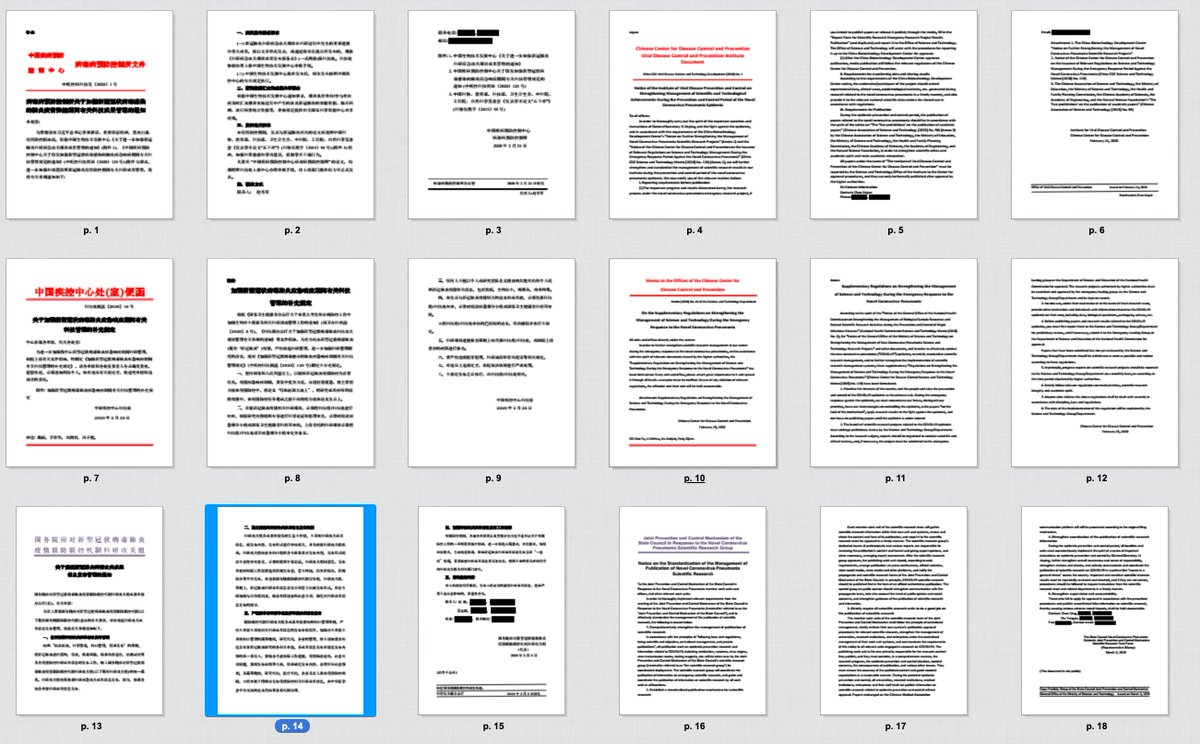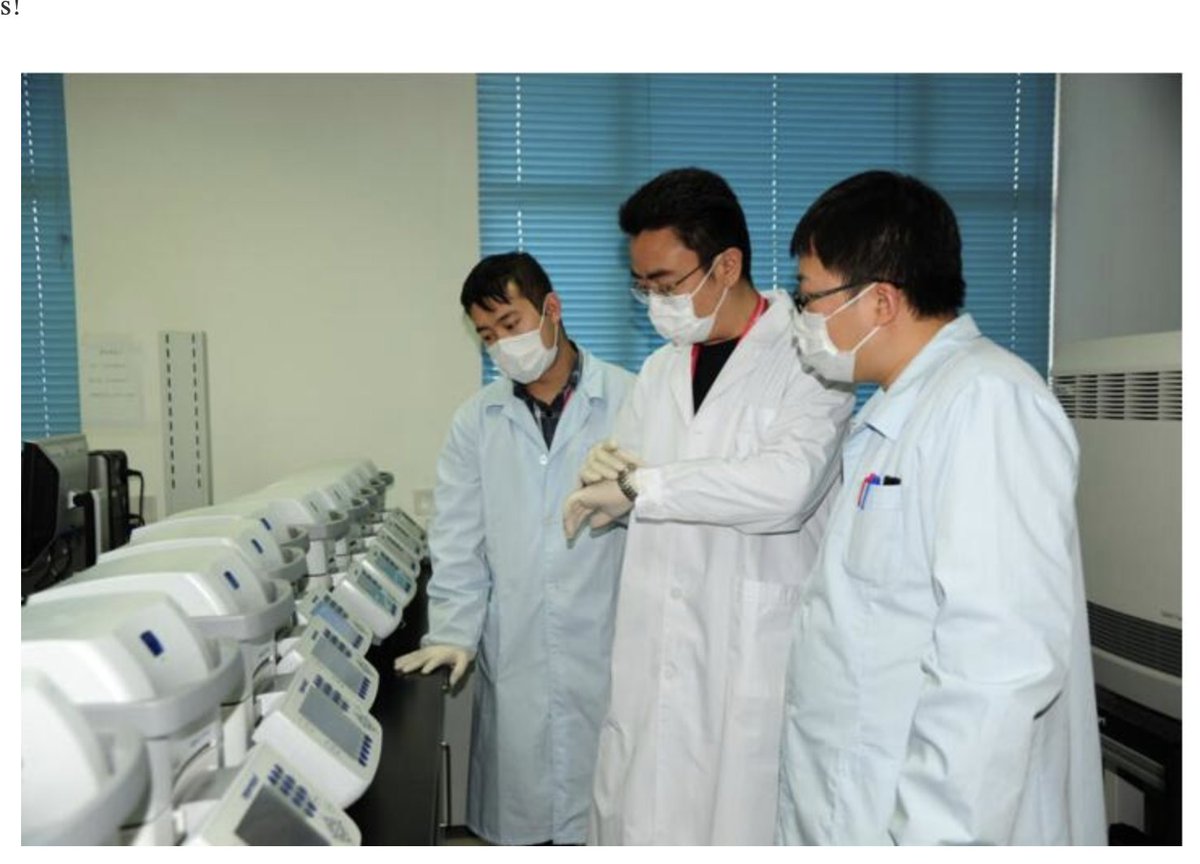
Story time: I was once an intern reporter for the Times of India in Delhi, and went to a Korea-India FDI conference (because ofc what else do you do with the Korean American intern). There I met a POSCO rep who had struggled to get land for a steel plant for nearly a decade...
https://twitter.com/next_china/status/1257549766222852096
...An Indian state signed an MOU with POSCO in 2005 for a plant but didn’t have any land. POSCO spent the next decade in legal, media battles over land with villagers, politicians, bentel nut farmers, scheduled castes, the local Communist Party:
scroll.in/article/832463…
scroll.in/article/832463…
...also that year, I knew some who worked for the Delhi-Mumbai Industrial Corridor. The DMIC, as they call it, envisioned a high speed rail link between Delhi and Mumbai slicing through 24 special industrial zones. Make in India! High tech! Smart cities! Sounds great right?
...well, I visited the office one day. As I recall, maybe a few dozen people in cubicles around a conference table, in a wing of a tony Delhi hotel.
“So, where’s everyone else?” I asked.
“This is it!” I was told.
A few dozen. For the most ambitious industrial project in India.
“So, where’s everyone else?” I asked.
“This is it!” I was told.
A few dozen. For the most ambitious industrial project in India.
...these brave, few souls were grappling with massive land acquisition issues from Maharashtra to Haryana. Legal battles. Reticitant villagers. Courthouses with decades-old cases, rotting and gathering dust. For a tiny taste, check this piece out: business-standard.com/article/econom…
...The DMIC launched in 2006. Now, nearly 15 years later, it has little to show for it. There are no smart cities. There aren’t many investors. The backbone of the project, the railway, started construction years behind of schedule and still won’t be done for years to come...
...now Modi officials seem to be losing interest, a decade after hyping this as “the world’s largest infrastructure project”.
That, friends, is why I am skeptical of Delhi’s efforts to claim China’s crown as king of manufacturing. Before, during, or after this COVID-19 pandemic.
That, friends, is why I am skeptical of Delhi’s efforts to claim China’s crown as king of manufacturing. Before, during, or after this COVID-19 pandemic.
...don’t buy too much into decoupling hype. Yes some see this pandemic as a chance to decouple from China. But it’s one thing for politicians to say this - another for businesses to leave. China offers world-class infrastructure at a price that can’t be beat. That hasn’t changed
Read this sharp-eyed analyst’s take on why you should be skeptical of this Indian land bank’s ability to pose any kind of meaningful competition to China:
freepressjournal.in/business/inves…
freepressjournal.in/business/inves…
lest anyone think I’m being dour on India here, let me state for the record that anyone who knows me knows that I love India. It’s one of the liveliest, most exciting, vibrant and just plain beautiful places in the world. Not everything can be measured in trade figures and GDP!
*betel nut
• • •
Missing some Tweet in this thread? You can try to
force a refresh





